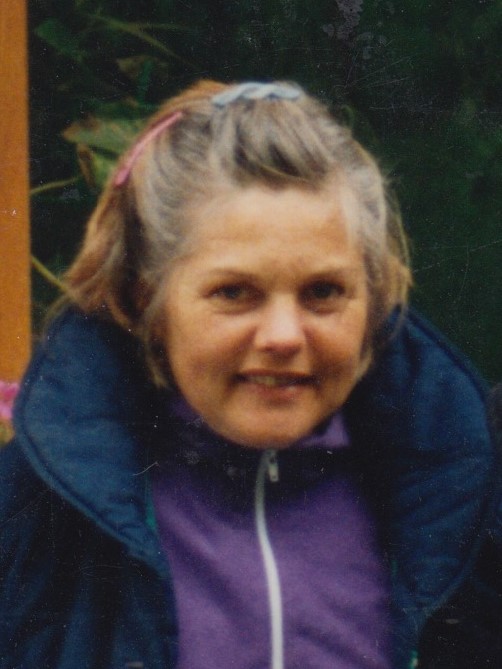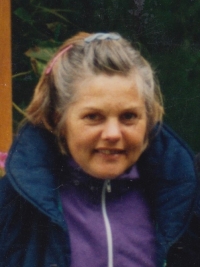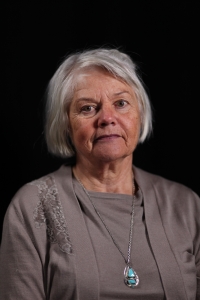I wanted to live like other African children, but life decided for me

Stáhnout obrázek
Alena Baizeau comes from a Czech-Austrian family, both parents emigrated before the Second World War and met in London. Her father Otto Šacher (1917-1990) fought during the war in the ranks of the French Foreign Legion, the Forces of Free France and finally the 1st Czechoslovak Army Corps. He experienced wars in Europe, Asia and Africa. After the war, her parents lived in Prague, where Alena Baizeau was born on June 10, 1946. Due to the growing position of the Communists in 1947, the family left Czechoslovakia and settled in the Central African Republic. Alena Baizeau grew up in the village Zomié, where her parents worked on a coffee plantation. At the age of ten, she enrolled in a mission school in the capital, Bangui. After graduating, she worked in Bangui as a secretary in a coffee export company. In 1970, she married a French citizen living in the Central African Republic. Thanks to the marriage, she acquired French citizenship, and in the same year they emigrated together to Paris, where they raised three children. At the time of the filming of the interview (2020), Alena Baizeau was still living in France, and since 1992 she has been traveling to the Czech Republic regularly to visit her relatives and friends.

